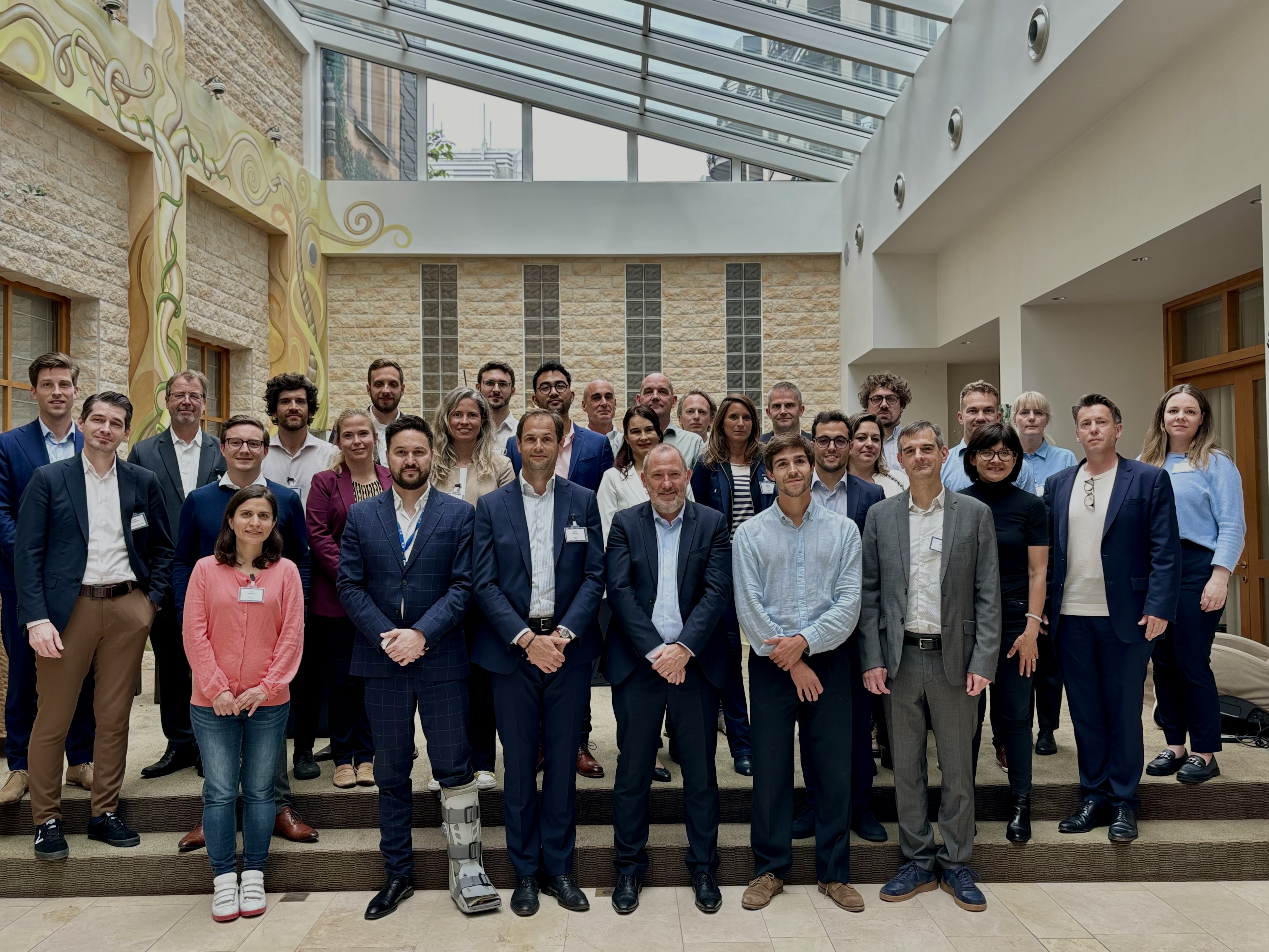
With a substantial funding injection of €10.8 million from the EU's Horizon Europe research programme, the GOLIAT (Ground Operations of LIquid hydrogen AircrafT) project will demonstrate how high-flow liquid hydrogen (LH2) handling and refuelling technologies can be developed and used safely and reliably for airport operations.
Developing aircraft using hydrogen is seen as a major lever to reach the EU target of net-zero CO2 emissions by 2050 and to secure the long-term sustainability of air travel. Hydrogen will also be a solution to decarbonise short- and medium-haul aviation and will be crucial for the advancement of low-carbon aviation operations.
The GOLIAT consortium consists of 10 partners from eight countries: Airbus (France, Germany, UK), Chart Industries (Czech Republic, Italy), TU Delft (Netherlands), Leibniz University Hannover (Germany), Royal Schiphol Group (Netherlands), Rotterdam The Hague Airport (Netherlands), Vinci Airports (France, Portugal), Stuttgart Airport (Germany), H2FLY (Germany), and Budapest Airport (Hungary).
The project will span four years, during which time the group will support the aviation industry’s adoption of LH2 transportation and energy storage solutions by:
- Developing and demonstrating LH2 refuelling technologies scaled-up for future large commercial aircraft;
- Demonstrating small-scale LH2 aircraft ground operations at airports;
- Developing the standardisation and certification framework for future LH2 operations;
- Assessing the sizing and economics of the hydrogen value chains for airports.
As a clean and efficient fuel, LH2 offers a promising solution for reducing the greenhouse gas emissions associated with airport operations and their dependence on fossil fuels. LH2’s high energy density enables long-range travel for aircraft, yet there are many steps to the widespread deployment of hydrogen at airports, including the need to better understand the operational, regulatory, economic and safety impacts, as well as the capacity and performance of technologies.
Speaking at the project launch in May 2024, Karine Guenan, Vice President of ZEROe Ecosystem at Airbus, said:
“We continue to believe that hydrogen will be an important fuel for the future of short-haul aviation. We welcome the opportunity to help build the operating case for the widespread daily use of liquid hydrogen at airports.”
The benefits of hydrogen in aviation
Hydrogen is a high-potential technology with a specific energy-per-unit mass that is three times higher than traditional jet fuel. If generated from renewable energy through electrolysis, hydrogen emits no CO2 emissions, thereby enabling renewable energy to potentially power large aircraft over long distances without the undesirable by-product of CO2 emissions.
Because hydrogen has a lower volumetric energy density, the visual appearance of future aircraft will likely change to better accommodate hydrogen storage solutions that will be bulkier than existing jet fuel storage tanks.
MORE INFORMATION
CORDIS project factsheet: GOLIAT
This project feature is based on a press release from © Airbus
- Reference
- HORIZON-CL5-2023-D5-01-07 - Hydrogen-powered aviation
- Project duration
- 1 May 2024 - 30 Apr 2028
- Project locations
- FranceCzechiaGermanyHungaryNetherlandsUnited Kingdom
- Overall budget
- €15 203 388
- EU contribution
- €10 800 15771% of the overall budget
- Project website
- Airbus website - GOLIAT project
- Departments
- European Climate, Infrastructure and Environment Executive Agency
